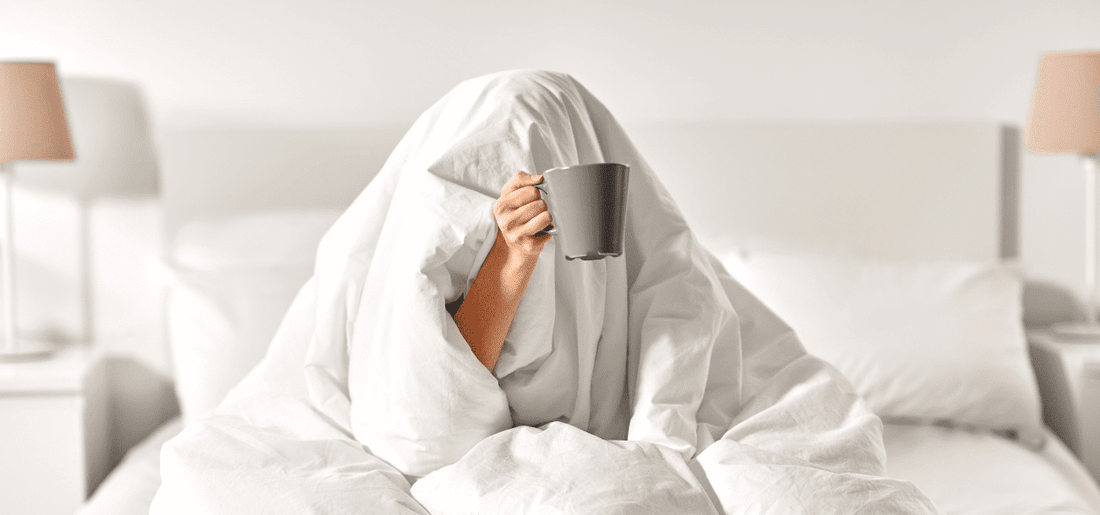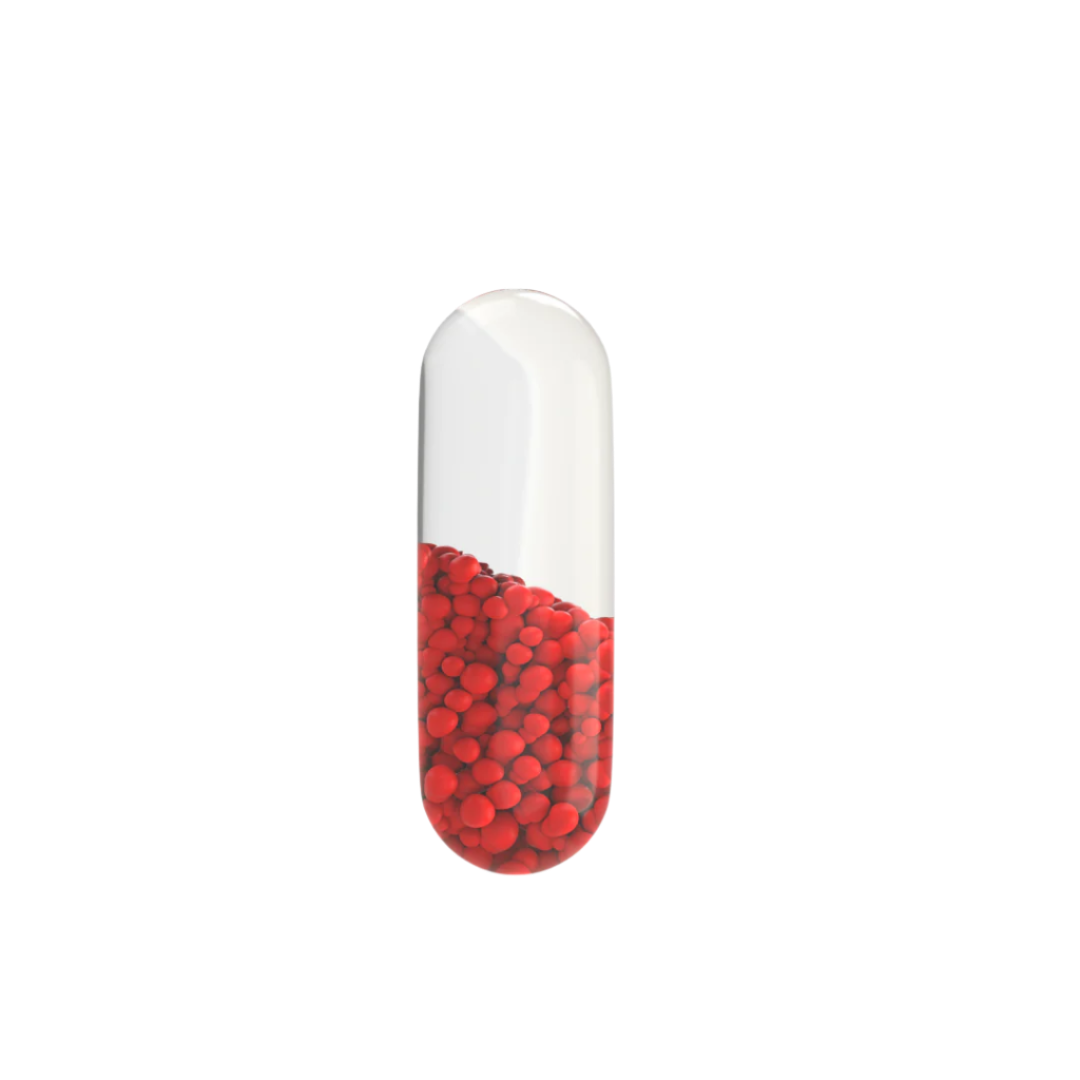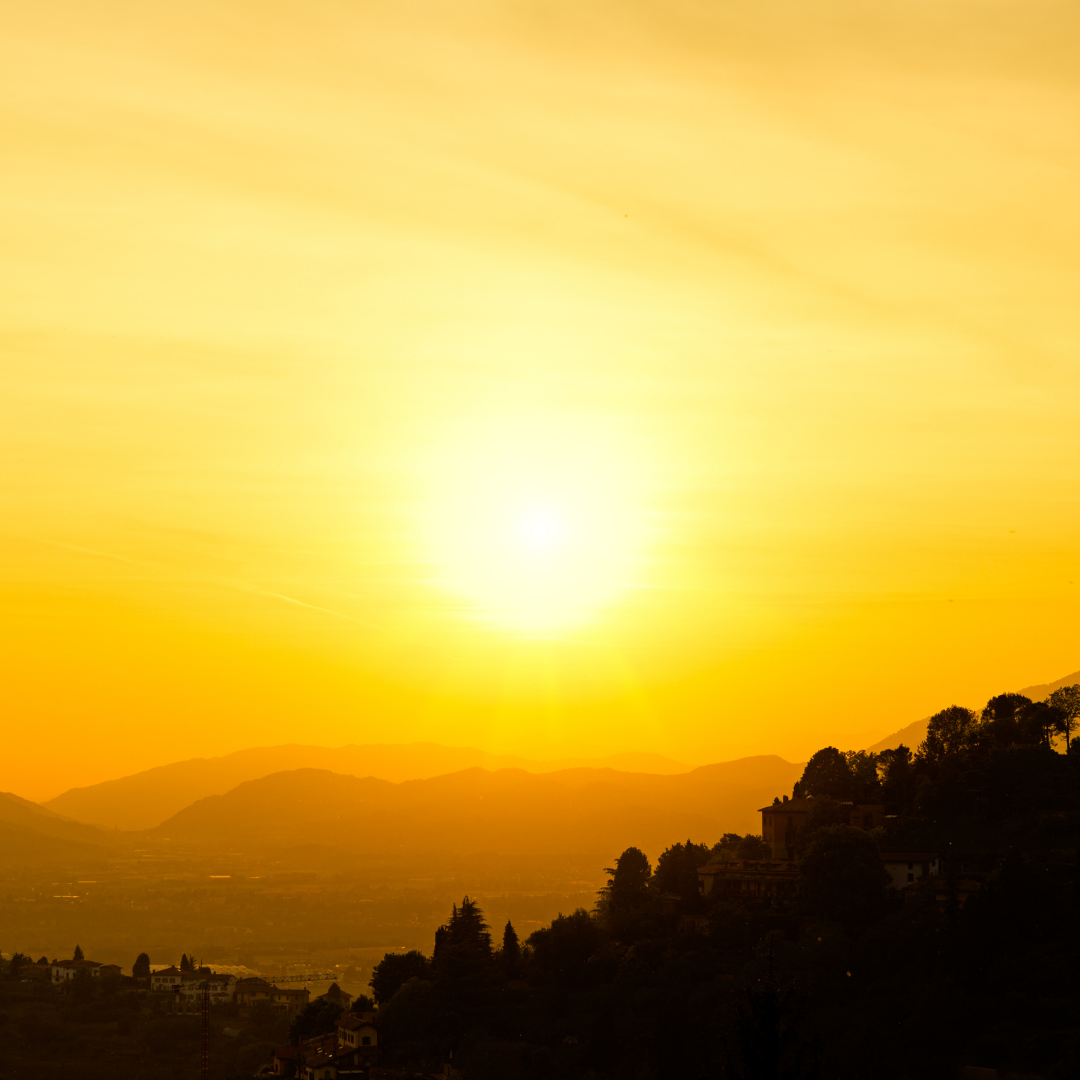What can you do to avoid oversleeping?

- What is oversleeping?
- Why is oversleeping a problem?
- What causes oversleeping?
- What can you do to stop oversleeping?
Read on to find out more.
What is oversleeping?
Oversleeping, also known as excessive sleep 1 or long sleep 2 , is when you sleep more than 9 hours in a 24-hour period 3 . This definition varies, with the third edition of the International Classification of Sleep Disorders stating that a long sleeper is an adult who typically sleeps 10 hours or more 4 . For most adults, this is clearly more than enough, as the National Sleep Foundation findings below show. 5
|
Age group |
Recommended hours of sleep per day |
|
Newborns |
14 to 17 hours |
|
Toddlers |
12 to 15 hours |
|
Children |
11 to 14 hours |
|
Preschool children |
10 to 13 hours |
|
School-age children |
9 to 11 hours |
|
Young people |
8 to 10 hours |
| young adults and adults | 7 to 9 hours |
| older adults | 7 to 8 hours |
As you can see, most adults need between 7 and 9 hours of restful sleep 6 . People who sleep too much exceed this limit and sometimes sleep during the day.
It's common knowledge that not getting enough sleep makes you feel sluggish, not to mention that if it becomes a habit, it can have serious effects on your mind and body 7 . If you've ever wondered, "Can too much sleep make you tired?", the answer is yes - early research suggests a link between too much sleep and too little energy 8 . An excessive amount of sleep, or EQS, can also impact daily functioning 9 and bring health problems 10 .
Why is oversleeping a problem?
A number of studies have been conducted to investigate the consequences of oversleeping, and their results suggest several related diseases, including:
- Diabetes and obesity: New evidence suggests a link between too much sleep and type 2 diabetes and obesity 11 .
- Headaches: In people who suffer from migraines, "weekend headaches" can be triggered by oversleeping 12 . In addition, people who sleep during the day can disrupt their nighttime sleep, which in turn can lead to headaches the next morning. 13
- High blood pressure (hypertension): People who sleep less or more than 7 to 8 hours per day have a higher risk of developing high blood pressure 14 .
- Mortality risk: A systematic study found that long sleep was associated with an increased risk of death, with higher rates of cardiovascular disease, stroke and coronary heart disease 15 .
In addition, people who sleep too long have been found to have a poorer quality of life as it affects their social, work and daily activities as well as their family relationships 16 .
What causes oversleeping?
There are a number of factors that can cause oversleeping (and that can be made worse by oversleeping), from sleep habits to sleep disorders. Some of these factors are discussed in more detail below.
Interrupted sleep
During sleep, the body goes through two phases called rapid eye movement (REM) and non-rapid eye movement (NREM) (the latter is divided into three phases called N1 (light sleep), N2 (deeper sleep), and N3 (deepest non-REM sleep)) 17 . Disruptions to sleep cycles can lead to feeling tired and groggy during the day (not to mention that it can pose short- and long-term health risks) 18 . As a result, to make up for the sleep deficit, people often oversleep 19 .
Hypersomnia
Hypersomnia is a feeling of excessive daytime sleepiness and is characterized by sleeping for long periods, taking naps during the day but not feeling refreshed, and occasionally falling asleep while talking or eating. 20 It can be caused by narcolepsy, sleep apnea or other sleep disorders 21 or by excessive alcohol consumption and taking too many medications. 22 In some cases, there is no identifiable cause or cure - in this case it is called idiopathic hypersomnia. 23
Narcolepsy
Narcolepsy is a rare neurological disorder that causes sudden and extreme sleepiness, allowing the sufferer to fall asleep without realizing it. 24 This is because the brain is unable to regulate the sleep-wake cycle. 25 Other symptoms include excessive sleeping, cataplexy (temporary loss of muscle control), sleep paralysis, and hallucinations, or excessive dreaming and waking during the night. 26 As with idiopathic hypersomnia, there is no cure for narcolepsy. 27
Sleep apnea
Sleep apnea, also known as sleep-disordered breathing, is when you stop breathing or your breathing is very shallow during sleep. 28 It can be difficult to tell if you have sleep apnea if you live alone, because symptoms usually occur during sleep and include gasping or gagging noises, frequent waking, and loud snoring. 29 Sleep apnea can cause you to feel tired and sleepy the next day, among other symptoms. 30
What can you do to stop oversleeping?
If you regularly sleep more than 9 hours a day (perhaps you hit the snooze button on your alarm every morning) and still don't feel rested, you may be suffering from sleep deprivation. It's worth seeing your GP if this sleep deficit is affecting your personal or professional life. Although there is no cure for some causes of oversleeping - such as idiopathic hypersomnia and narcolepsy - you can get medical advice and help for sleep apnea and other sleep-related disorders.
Another important measure to combat oversleeping is to ensure that you have consistently better sleep - undisturbed, deep and restful sleep. To do this, it is worth considering the following three key elements:
- Develop a sleep schedule: Try to set a realistic bedtime and wake-up time and stick to it. Make sure you get between 7 and 9 hours of sleep. Establish an evening routine, such as winding down and not doing anything intense before bed, and a morning routine, such as exercising and eating a big, healthy breakfast.
- Practice good sleep hygiene: There are many good sleep habits to follow, but also many "bad" habits to avoid. For example, try to reserve the bedroom for sleep and intimacy only, and exercise during the day . Also , avoid eating large meals before bed and avoid using electronic devices in the hours before bed , as blue light can negatively affect your ability to fall asleep. 31
- Create a good sleep environment: As mentioned above, your bedroom should be reserved for sleep and intimacy. To help you relax and unwind, focus on your senses to create a good sleep environment. The place where you sleep should be quiet (or you should use earplugs to muffle loud noises), dark (or you should use blackout curtains or an eye mask), and the temperature should be neither too hot nor too cold. Invest in a comfortable mattress, and experiment with calming scents, like lavender, that can lull you to sleep.
The tips above are by no means exhaustive. For more information on what you can do to improve your sleep quality, check out our article on getting good sleep .
And if you struggle with tiredness when you wake up or during the day, consider taking B - SYNC ON . It is the world's first clinically tested wake-up aid that contains safe and natural ingredients . Most importantly, B - SYNC ON is proven to help you wake up with ease.
Sources
- https://www.ncbi.nlm.nih.gov/pmc/articles/PMC2362500/
- https://www.ncbi.nlm.nih.gov/pmc/articles/PMC4165901/
- https://www.ncbi.nlm.nih.gov/pmc/articles/PMC3755488/
- https://www.ncbi.nlm.nih.gov/pmc/articles/PMC4165901/
- https://www.sleephealthjournal.org/article/S2352-7218%2815%2900015-7/fulltext
- https://www.cdc.gov/sleep/about_sleep/how_much_sleep.html
- https://www.ncbi.nlm.nih.gov/pmc/articles/PMC2656292/
- https://www.health.harvard.edu/staying-healthy/are-you-tired-from-too-much-sleep
- https://www.ncbi.nlm.nih.gov/pmc/articles/PMC4142503/
- https://www.ncbi.nlm.nih.gov/pmc/articles/PMC4165901/
- https://www.sciencedirect.com/science/article/pii/S1087079217300916
- https://www.ncbi.nlm.nih.gov/pmc/articles/PMC8197397/
- https://www.webmd.com/sleep-disorders/physical-side-effects-oversleeping
- https://www.ncbi.nlm.nih.gov/pmc/articles/PMC2913764/
- https://www.sciencedirect.com/science/article/pii/S1087079217300278
- https://www.ncbi.nlm.nih.gov/pmc/articles/PMC4142503/
- https://www.ncbi.nlm.nih.gov/books/NBK526132/
- https://www.ncbi.nlm.nih.gov/pmc/articles/PMC5449130/
- https://www.webmd.com/sleep-disorders/what-is-sleep-debt
- https://www.nhs.uk/conditions/excessive-daytime-sleepiness-hypersomnia/
- https://medlineplus.gov/ency/article/000800.htm
- https://www.nhs.uk/conditions/excessive-daytime-sleepiness-hypersomnia/
- https://www.narcolepsy.org.uk/resources/idiopathic-hypersomnia
- https://medlineplus.gov/ency/article/000802.htm
- https://www.nhs.uk/conditions/narcolepsy/
- https://www.webmd.com/sleep-disorders/guide/narcolepsy
- https://www.nhs.uk/conditions/narcolepsy/
- https://medlineplus.gov/sleepapnea.html
- https://www.nhs.uk/conditions/sleep-apnoea/
- https://www.webmd.com/sleep-disorders/sleep-apnea/sleep-apnea
- https://www.webmd.com/sleep-disorders/sleep-blue-light







